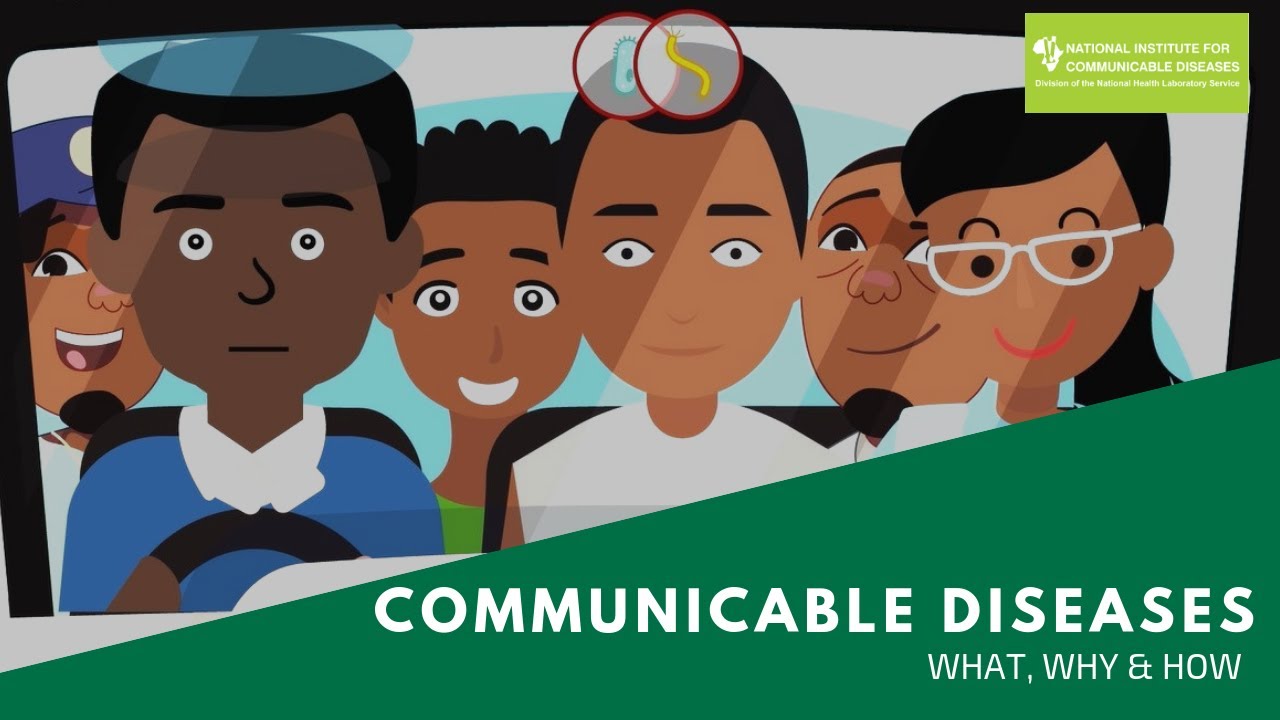Penyakit Menular Seksual: Penyebab, Gejala, Pengobatan, dan Pencegahan
Summary
TLDRSexually transmitted diseases (STDs) are infections spread through sexual contact caused by various pathogens, including bacteria, viruses, fungi, and parasites. Common examples include syphilis, gonorrhea, chlamydia, herpes, and HIV. Symptoms vary but may include genital itching, abnormal discharge, sores, or general symptoms like fever. Risk factors for STDs include multiple sexual partners, unprotected sex, and substance abuse. Diagnosis involves physical exams and tests, with treatments ranging from antibiotics to antiviral drugs. Preventative measures include condom use, abstinence, limiting partners, and vaccines for preventable diseases like HPV and hepatitis.
Takeaways
- 😀 STIs (Sexually Transmitted Infections) are infections spread through sexual contact.
- 😀 STIs can be caused by bacteria (e.g., syphilis, gonorrhea), viruses (e.g., herpes, HIV), fungi, or parasites.
- 😀 Symptoms of STIs include genital itching, abnormal discharge, sores, and general symptoms like fever and stomach pain.
- 😀 Risk factors for contracting STIs include changing sexual partners, unprotected sex, a history of STIs, and substance use.
- 😀 Diagnosis of STIs involves a medical history review, physical examination, and possibly additional tests like blood or genital fluid tests.
- 😀 Treatment for STIs varies based on the cause: antibiotics for bacterial infections, antivirals for viral infections, and sometimes surgery.
- 😀 Preventive measures include abstinence from sex outside of marriage, limiting sexual partners, using condoms, and vaccination.
- 😀 Vaccines are available for some STIs like HPV and hepatitis, which can prevent certain infections.
- 😀 If you experience symptoms or have risk factors, it is crucial to consult a healthcare professional immediately.
- 😀 The use of condoms during sexual activity is an important method to prevent the transmission of STIs.
Q & A
What are sexually transmitted diseases (STDs)?
-Sexually transmitted diseases (STDs) are infections that are transmitted through sexual contact. They can be caused by various pathogens such as bacteria, viruses, fungi, or parasites.
What types of pathogens can cause STDs?
-STDs can be caused by bacteria (e.g., syphilis, gonorrhea, chlamydia), viruses (e.g., herpes, HIV), fungi, or parasites.
What are some common symptoms of STDs?
-Common symptoms of STDs include itching in the genital area, abnormal discharge (e.g., unusual vaginal discharge), genital sores or warts, and sometimes general symptoms like fever and abdominal pain.
What factors increase the risk of contracting an STD?
-Factors that increase the risk of STDs include having multiple sexual partners, unprotected sex (not using condoms), a history of previous STDs, and the use of alcohol or drugs, which can lead to risky sexual behavior.
How are STDs diagnosed?
-STDs are diagnosed through medical history assessment (anamnesis), physical examination, and sometimes additional tests like blood tests or genital examinations to identify the presence of infection.
How are STDs treated?
-Treatment for STDs depends on the cause. For bacterial infections like syphilis, antibiotics are used. For viral infections like herpes, antiviral medications are prescribed. In some cases, surgery may be required, such as for genital warts.
How can the transmission of STDs be prevented?
-STDs can be prevented by practicing monogamy within marriage, avoiding multiple sexual partners, using condoms during sexual activity, and getting vaccinated for preventable STDs like HPV or hepatitis.
Why is vaccination important in preventing STDs?
-Vaccination is important because it can prevent certain STDs, such as HPV (human papillomavirus) and hepatitis, which can otherwise lead to serious health issues, including cancer or liver disease.
What should someone do if they experience symptoms of an STD?
-If someone experiences symptoms of an STD or has risk factors, they should consult a doctor immediately for proper diagnosis and treatment.
Can alcohol or drug use increase the risk of STDs?
-Yes, the use of alcohol or recreational drugs can increase risky sexual behavior, leading to a higher likelihood of contracting STDs due to lack of protection or impaired judgment.
Outlines

This section is available to paid users only. Please upgrade to access this part.
Upgrade NowMindmap

This section is available to paid users only. Please upgrade to access this part.
Upgrade NowKeywords

This section is available to paid users only. Please upgrade to access this part.
Upgrade NowHighlights

This section is available to paid users only. Please upgrade to access this part.
Upgrade NowTranscripts

This section is available to paid users only. Please upgrade to access this part.
Upgrade NowBrowse More Related Video
5.0 / 5 (0 votes)





